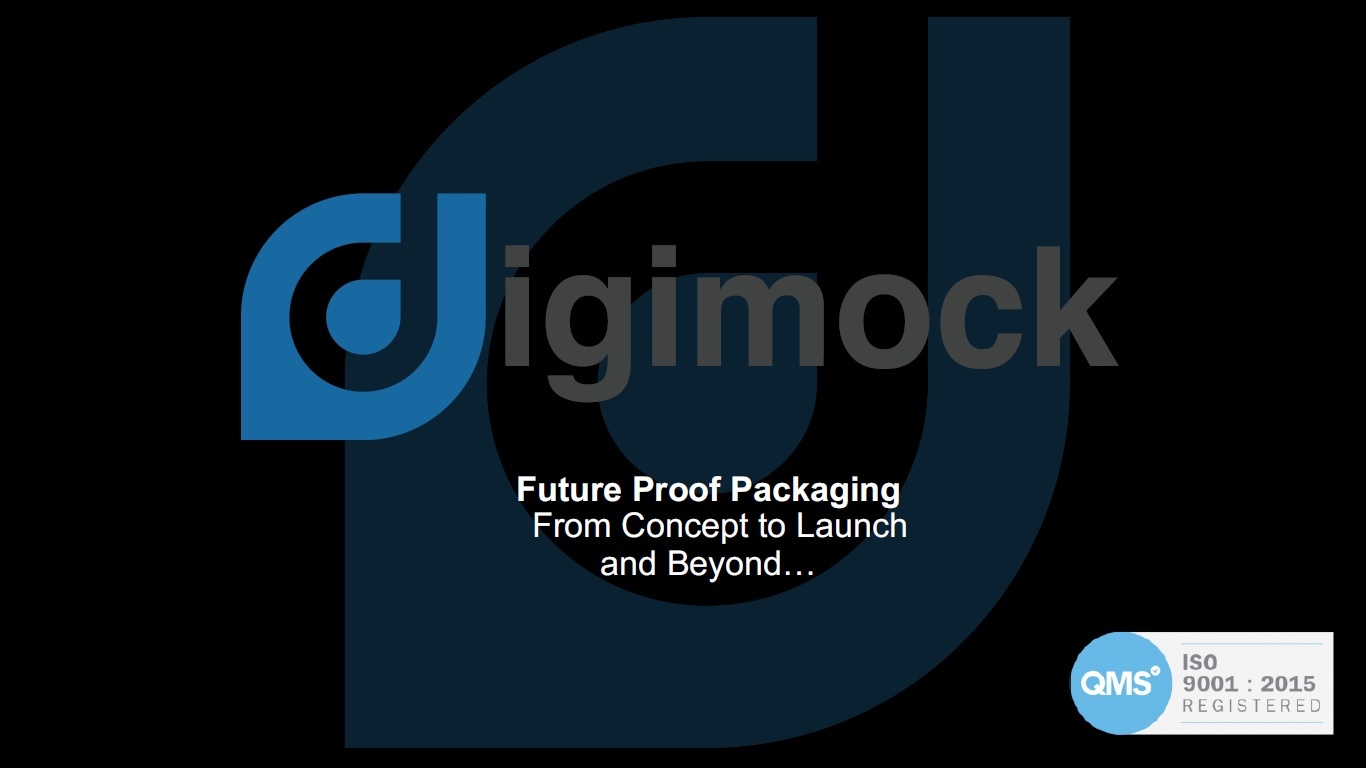BREXIT - Latest No Deal Technical Notes
Following the recent No Deal Technical Notes on REACH Regulation, the Government has released further notes on CLP, hazardous chemicals, trade and waste shipments. Please see a breakdown of the key technical notes and their implications:
Department for Environment, Food and Rural Affairs
Maintaining the continuity of waste shipments if there’s no Brexit deal
After Match 2019 any ship notifications would need to be reapproved – there is currently no a process to be this but it is being discussed.
UK to EU: UK would be treated as any other OECD country or a country who is part of the Basel Convention. Exporters need to familiarise themselves with the customs guidelines. For the UK to export waste they would need to submit a duly reasoned request (DRR) to say there are not the facilities to deal with this waste and why there is not. Normally waste can’t be exported anywhere therefore there would not be a change. Export of recycling under green control procedures would not change.
EU to UK: Waste Shipment Regulation prohibits the export of waste for disposal or exporting mixed municipal waste for recycling. No change to import of recycling which can be shipped under Green Control procedure.
Department for International Trade
Existing free trade agreements if there's no Brexit deal
Working to maintain benefits of trade agreements and by exit day have a deal replicating the EU as much as possible
If no trade deals are in place trade would be on a ‘Most-Favoured Nation’ (MFN) – also known as ‘World Trade Organization (WTO). WTO rules means the same rate of duty on the same goods must be charged to all WTO members equally. UK does need an independent WTO schedule as our current one is under EU. Under the taxation (Cross-border Trade) Act 2018 UK can put in place a UK unilateral trade preference scheme for developing countries – this means tariff free access for least developed countries and tariff regulation for 25 other developing countries.
Practical changes will take place to make use of any new arrangements although they will be as similar as possible to current ones. Trade Bill means a report is needed on free trade agreement before they are ratified. If WTO terms apply then the government will need to publish a UK MFN tariff schedule before we leave EU. Current tariff rates available here
Food Standards Agency
Classifying, labelling and packaging chemicals if there's no Brexit deal
The UK would establish an independent standalone chemicals regime. At the time of exit, as the UK would effectively adopt the GHS in the same way as the EU, the UK classification and labelling regime would be based on the existing EU regulatory regime in order to provide continuity for businesses, with amendments to enable functions presently carried out by the EU
All labelling obligations and requirements currently within CLP would remain in place.
The duty to notify details of the self-classifications for the substances and mixtures placed on the market would be made to the HSE instead of ECHA.
Health and Safety Executive Export and import of hazardous chemicals if there's no Brexit deal
The UK would establish its own standalone Export and Import of Hazardous Chemicals Regulation (known as the PIC Regulation). UK-based companies exporting or importing listed chemicals (including to or from EU countries) would need to comply with the requirements of the UK PIC Regulation. UK-based companies would no longer have access to ePIC and would need to use the UK’s new system that would be operated by the HSE (as the PIC DNA) to notify exports of listed chemicals from the UK. New UK procedures for notifying exports will be in place ahead of exit day so that UK businesses will use them for exports leaving the UK after 29th March.

